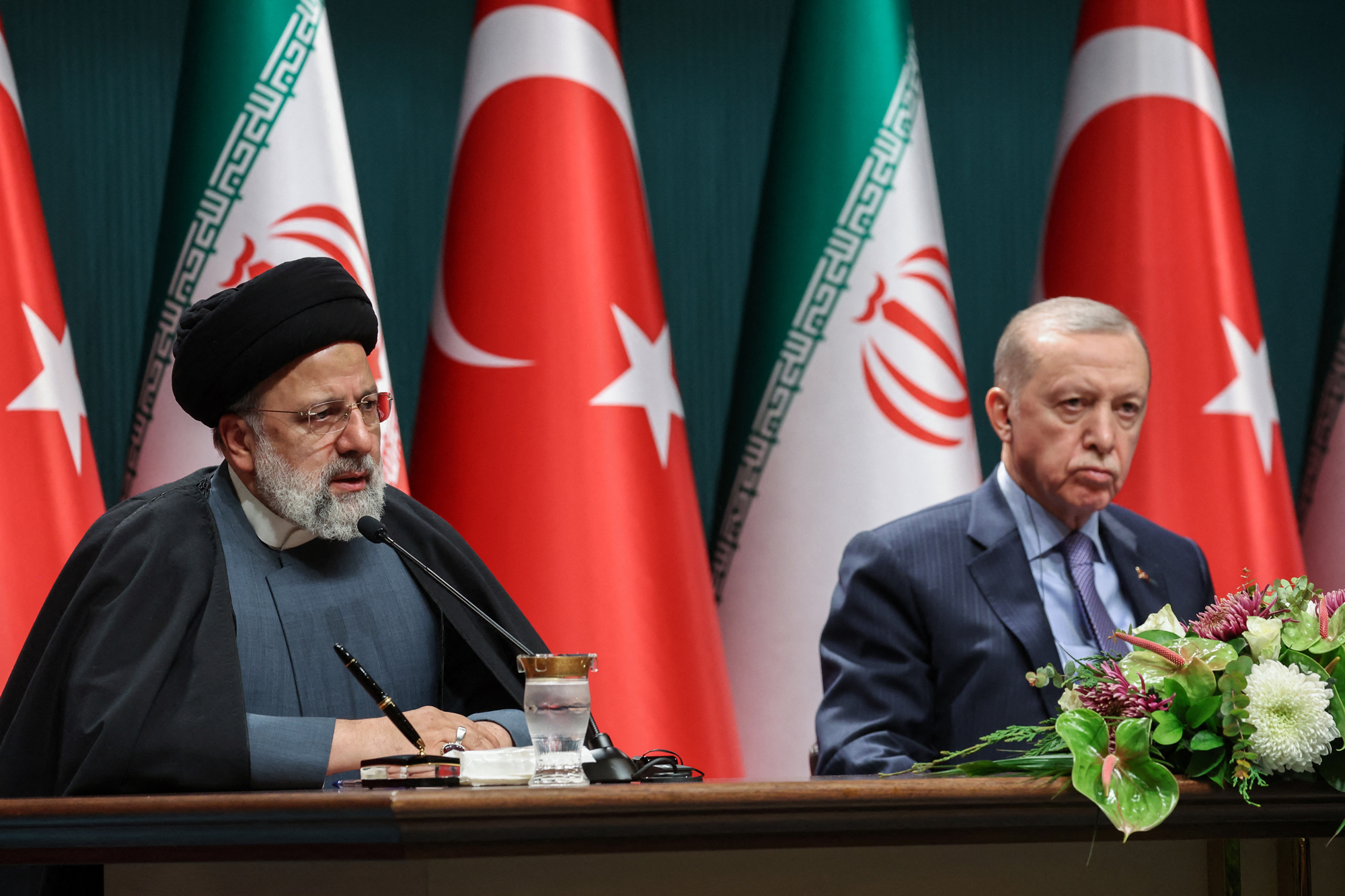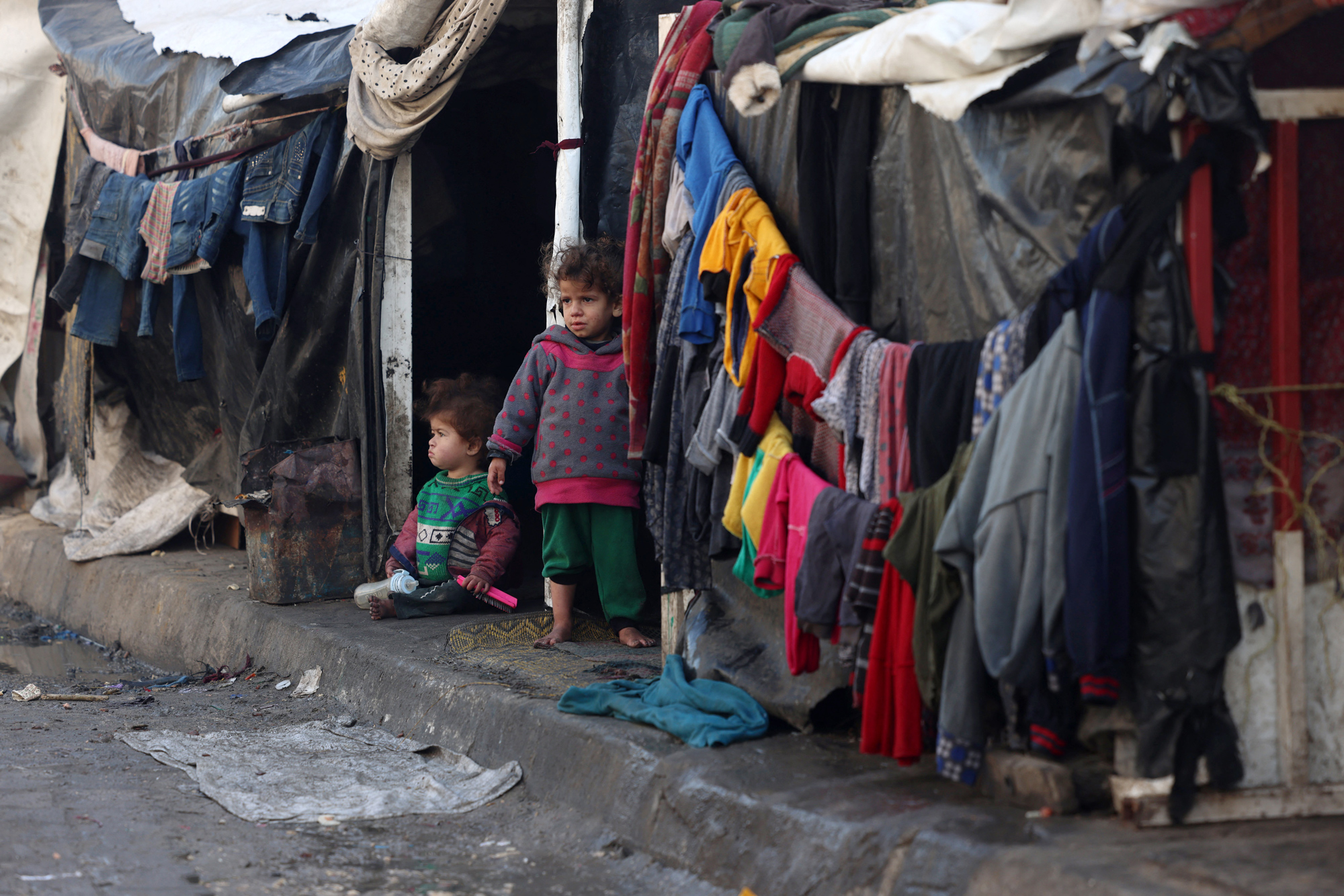Yemen's Houthi rebels targeted US warships with ballistic missiles in the Gulf of Aden and Bab al-Mandab Strait on Wednesday, a Houthi spokesperson said Wednesday.
The Yemeni group "engaged" with US warships that tried to protect two American commercial vessels, spokesperson Yahya Saree said in a statement.
As a result, one of the vessels suffered a “direct hit” and the two American commercial ships were forced to turn back from the area, Saree said.
“Several of our ballistic missiles hit their targets despite the warships’ attempts to intercept them,” Saree said.
The Iran-backed Houthis have said they won’t stop their attacks on commercial shipping in the Red Sea until the war between Israel and Hamas in Gaza ends.
Some context: US defense officials told CNN the Navy shot down two Houthi missiles fired Wednesday at the US-flagged, owned and operated M/V Maersk Detroit container ship.
The USS Gravely, which was nearby at the time, shot down two of the missiles, and one landed in the water, the officials said. There were no injuries or damage to the ship, CENTCOM said in a statement.







